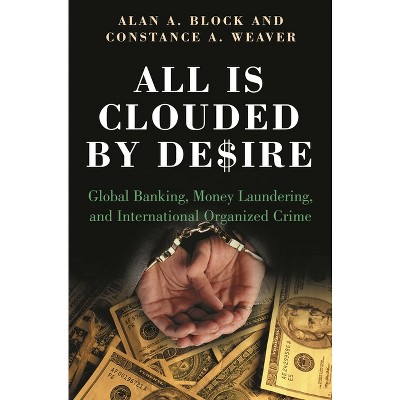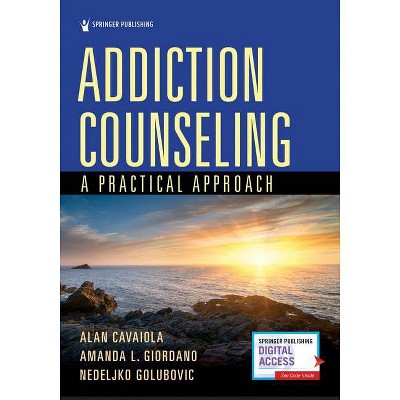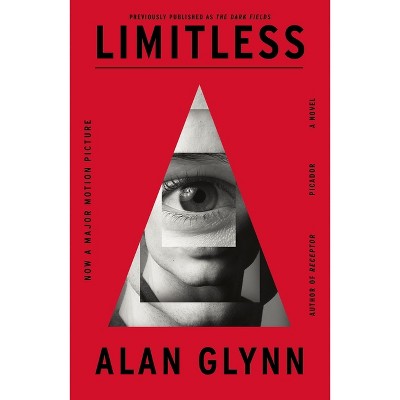Sponsored

Everybody Is Sitting on the Curb - by Alan Edelstein (Hardcover)
In Stock
Sponsored
About this item
Highlights
- The traditional American hero has disappeared and is unlikely to return.
- About the Author: ALAN EDELSTEIN is Associate Professor of Sociology at Towson State University and the author of An Unacknowledged Harmony: Philo-Semitism and the Survival of European Jewry (Greenwood, 1982).
- 272 Pages
- History, United States
Description
About the Book
The traditional American hero has disappeared and is unlikely to return. Dr. Edelstein explains in fascinating detail how and why that disappearance occurred and the consequences for the nation. Using a sociological approach, he examines the changes that have taken place within American society since World War II to bring about the demise of heroes.
The United States has run out of heroes. Hero refers to a national hero, a Universal American around whom we all would rally if called. The hero is the man--rarely the woman--who inspires children and adults, and reflects the finest qualities of the American people. He is recognized as an inspiration, seen as someone engendering our best qualities. It is not that the hero represents most if not all Americans; it is that most if not all Americans are happy to have him as their representative. This is the man, the role, gone from our lives, permanently.
Edelstein gives a vivid description of heroes of America's past, and offers an explanation of the national appeal of such men as Billy the Kid, Babe Ruth, Franklin Delano Roosevelt, Martin Luther King, Jr. He describes how many of the fields from which Americans once drew their heroes have disappeared, and how the structures of other fields that were once sources of heroes have been altered, thereby obstructing the creation of new heroes. Not that heroism is dead. To the contrary, many Americans are often found performing heroic acts: police officers and fire fighters, federal agents and everyday people are regularly commended for committing acts above and beyond the call of duty. But these heroic actions are usually noted only on a local level. To be an American hero is to be a national hero. This is accomplished by an act of an individual that demands and receives national attention. But that doesn't seem to happen anymore. It is difficult to recall the last ticker-tape parade for an individual American hero. Parades now celebrate groups: freed hostages, winning sports teams, returning service personnel. The book concludes with a discussion on the ramifications of the disappearance of the American hero.
Book Synopsis
The traditional American hero has disappeared and is unlikely to return. Dr. Edelstein explains in fascinating detail how and why that disappearance occurred and the consequences for the nation. Using a sociological approach, he examines the changes that have taken place within American society since World War II to bring about the demise of heroes.
The United States has run out of heroes. Hero refers to a national hero, a Universal American around whom we all would rally if called. The hero is the man--rarely the woman--who inspires children and adults, and reflects the finest qualities of the American people. He is recognized as an inspiration, seen as someone engendering our best qualities. It is not that the hero represents most if not all Americans; it is that most if not all Americans are happy to have him as their representative. This is the man, the role, gone from our lives, permanently. Edelstein gives a vivid description of heroes of America's past, and offers an explanation of the national appeal of such men as Billy the Kid, Babe Ruth, Franklin Delano Roosevelt, Martin Luther King, Jr. He describes how many of the fields from which Americans once drew their heroes have disappeared, and how the structures of other fields that were once sources of heroes have been altered, thereby obstructing the creation of new heroes. Not that heroism is dead. To the contrary, many Americans are often found performing heroic acts: police officers and fire fighters, federal agents and everyday people are regularly commended for committing acts above and beyond the call of duty. But these heroic actions are usually noted only on a local level. To be an American hero is to be a national hero. This is accomplished by an act of an individual that demands and receives national attention. But that doesn't seem to happen anymore. It is difficult to recall the last ticker-tape parade for an individual American hero. Parades now celebrate groups: freed hostages, winning sports teams, returning service personnel. The book concludes with a discussion on the ramifications of the disappearance of the American hero.From the Back Cover
The United States has run out of heroes. "Hero" refers to a national hero, a Universal American around whom we all would rally if called. The hero is the man - rarely the woman - who inspires children and adults, and reflects the finest qualities of the American people. He is recognized as an inspiration, seen as someone engendering our best qualities. It is not that the hero represents most if not all Americans; it is that most if not all Americans are happy to have him as their representative. This is the man, the role, gone from our lives, permanently. Edelstein gives a vivid description of heroes of America's past, and offers an explanation of the national appeal of such men as Billy the Kid, Babe Ruth, Franklin Delano Roosevelt, and Martin Luther King, Jr. He describes how many of the fields from which Americans once drew their heroes have disappeared, and how the structures of other fields that were once sources of heroes have been altered, thereby obstructing the creation of new heroes. Not that heroism is dead. To the contrary, many Americans are often found performing heroic acts: police officers and fire fighters, federal agents and everyday people are regularly commended for committing acts above and beyond the call of duty. But these heroic actions are usually noted only on a local level. To be an American hero is to be a national hero. This is accomplished by an act of an individual that demands and receives national attention. But that doesn't seem to happen anymore. It is difficult to recall the last ticker-tape parade for an individual American hero. Parades now celebrate groups: freed hostages, winning sports teams, returning service personnel. The book concludes with adiscussion on the ramifications of the disappearance of the American hero.Review Quotes
?Although Americans still want heroes (viz., overreaction to victory in the Persian Gulf), Edelstein urges that only trivial celebrity-heroes, local heroes, and temporary heroes can develop now--and that these limited icons are probably healthier than the "false hero, who diminishes us as the true hero would elevate us." Includes interesting addenda on why U.S. women have won only limited recognition as heroes and on the effect of "youth" domination of popular culture.?-Booklist
?Heroes are necessary because they set standards and reinforce societal values, argues Edelstein....He maintains that the cynicism dating from the Vietnam era, the disappearance of the notion of individual responsibility, the growing influence of the social sciences and the decline of romanticism, among other cultural changes, have contributed to the lack of heroes.?-Publishers Weekly
"Heroes are necessary because they set standards and reinforce societal values, argues Edelstein....He maintains that the cynicism dating from the Vietnam era, the disappearance of the notion of individual responsibility, the growing influence of the social sciences and the decline of romanticism, among other cultural changes, have contributed to the lack of heroes."-Publishers Weekly
"Although Americans still want heroes (viz., overreaction to victory in the Persian Gulf), Edelstein urges that only trivial celebrity-heroes, local heroes, and temporary heroes can develop now--and that these limited icons are probably healthier than the "false hero, who diminishes us as the true hero would elevate us." Includes interesting addenda on why U.S. women have won only limited recognition as heroes and on the effect of "youth" domination of popular culture."-Booklist
About the Author
ALAN EDELSTEIN is Associate Professor of Sociology at Towson State University and the author of An Unacknowledged Harmony: Philo-Semitism and the Survival of European Jewry (Greenwood, 1982).Shipping details
Return details
Trending Non-Fiction

















